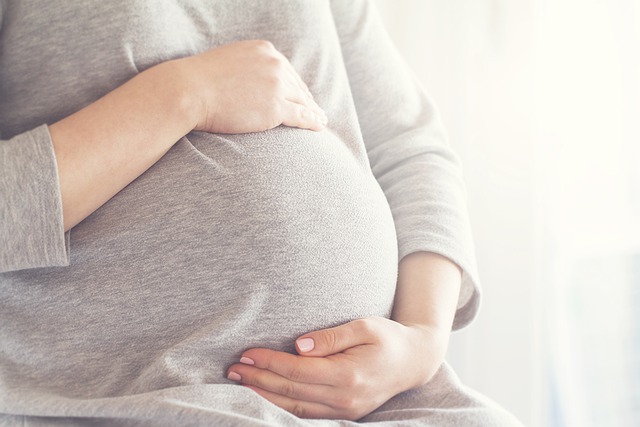Aging is an inevitable biological process, though much cosmetic surgery may limit the signs of aging.
Even aging cannot stop people to live a healthier, longer, and productive life as they believe ‘you are as young as you feel’.
But declining fertility with aging is one of the few unavoidable physiological processes.

Both females and males are facing fertility impairment with increasing age.
The sperm quality, motility, and amount start decreasing around 40 years of male age.
This can cause difficulty to conceive and increase the risk of miscarriage.
However, declining fertility with age is more predictable for females than males.
After 30 years of age, a slow rate of fertility decline starts in females, but a significant effect occurs after 40 years of age.
Medical intervention usually requires successful conceiving and pregnancy-related outcomes after 40 years of a woman.
Aging affects egg quality
A female is born with a fixed number of eggs. Usually, a woman has an average of one to two million eggs stored in both her ovaries.
During ovulation, a menstruating woman can release one or more eggs every month depending upon her reproductive health.
The released egg/s carry genetic material and have the potentiality to provide pregnancy after fertilization.
After 30 years of age, the ongoing aging process negatively affects egg quality.
Hormonal imbalance is common in premenopausal age that affects the egg release ability and egg viability.
In the IVF process, the healthiest eggs are selected and harvested for fertilization to provide the best possibility to achieve a healthy pregnancy.
Can aging affect IVF?
The success of IVF depends upon many factors. Among these, the overall health of the mother is very important to achieve IVF success and healthy pregnancy.
Although a healthy body, mind, and spirit are very important factors for IVF success.
But the age of the intended mother is a primary considerable factor that cannot be controlled.
Ongoing biological changes with aging cannot stop by maintaining health. Therefore, female age is one of the key factors for fertility as well as IVF treatment outcome.
The quality of eggs is compromised with every passing year and creates difficulty to make a healthy embryo.
The genetic disruption in the egg with increasing age exponentially increases the risk of birth defects.
AGE RESTRICTIONS FOR IVF
The cause of infertility depends upon the unique circumstances of the body.
But age more than 45 years is a concern of IVF outcome.
In such cases, doctors prefer to use previously cryopreserved eggs or donor eggs to get a positive outcome.
Therefore, advanced aged (above 35 years of age) women who try to conceive can consult an IVF specialist to check the quality and viability of their eggs, and future embryos.



